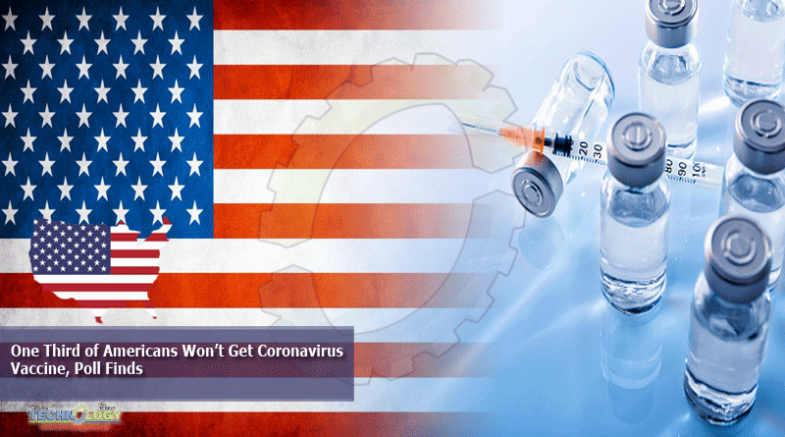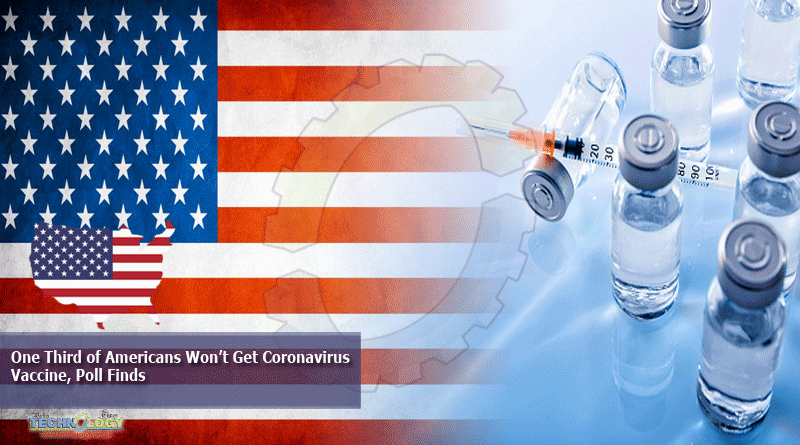More than one third of Americans say they will not get a vaccine for the coronavirus once one becomes available.

A poll published Friday from NPR, PBS NewsHour and Marist conducted Aug. 3-11 found that 35% of respondents said they would not receive a COVID-19 vaccine, 60% said they would and 5% are uncertain.
Health officials report more than 5.25 million cases of the virus in the U.S., and more than 167,290 people have died. Across the globe, officials report more than 20.96 million cases and more than 760,370 deaths, according to Johns Hopkins University.
People with college degrees are more likely than those without to elect to receive a coronavirus vaccine, 72% compared to 53%. Democrats are also more likely than their Republican counterparts to say they would get the vaccine once its available, 71% compared to 48%.
Men, at 64%, are more likely than women, at 56%, to say they would get a virus vaccine once one is developed. Eighteen- to 29-year-olds, as well as people 60 and older are the most likely age groups, with 66% saying that they would be willing to receive a vaccine. Americans aged 30 to 44 are least likely, with 43% saying they would not get a vaccine.
The results of the survey largely track with a similar poll released by Gallup last week in which 35% of respondents said they would not get an FDA-approved vaccine, even if it were available to them free. The survey, conducted from July 20-Aug. 2, found that 65% of respondents would get the vaccine under those conditions.
Many experts warn that life won’t return to “normal” until a vaccine is widely available. Currently, approximately 140 COVID-19 vaccines are in development across the world, according to the World Health Organization. More than two dozen have started clinical trials and some drugmakers believe a vaccine could be available to the public in 2021.
This news was originally published at usnews.com
